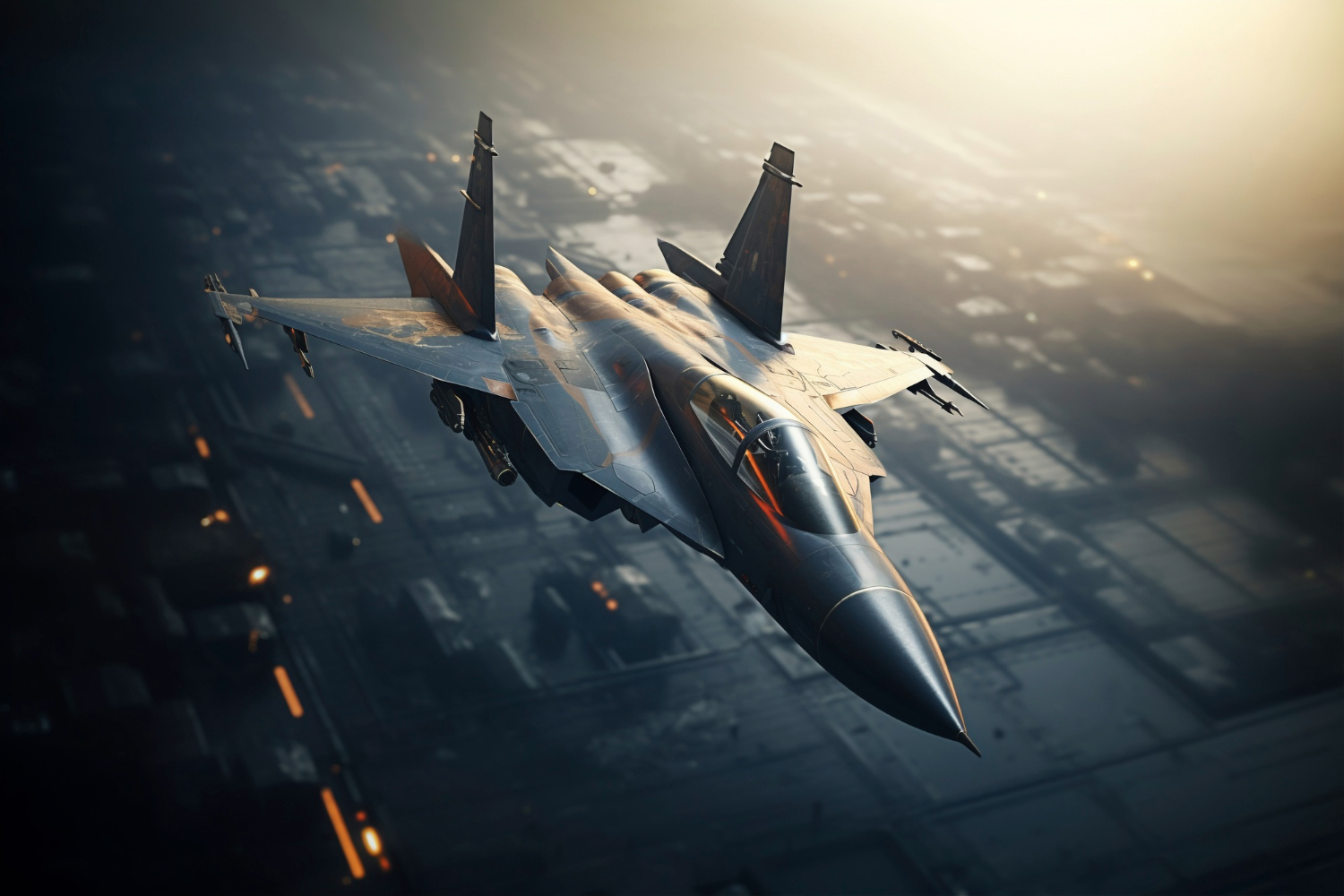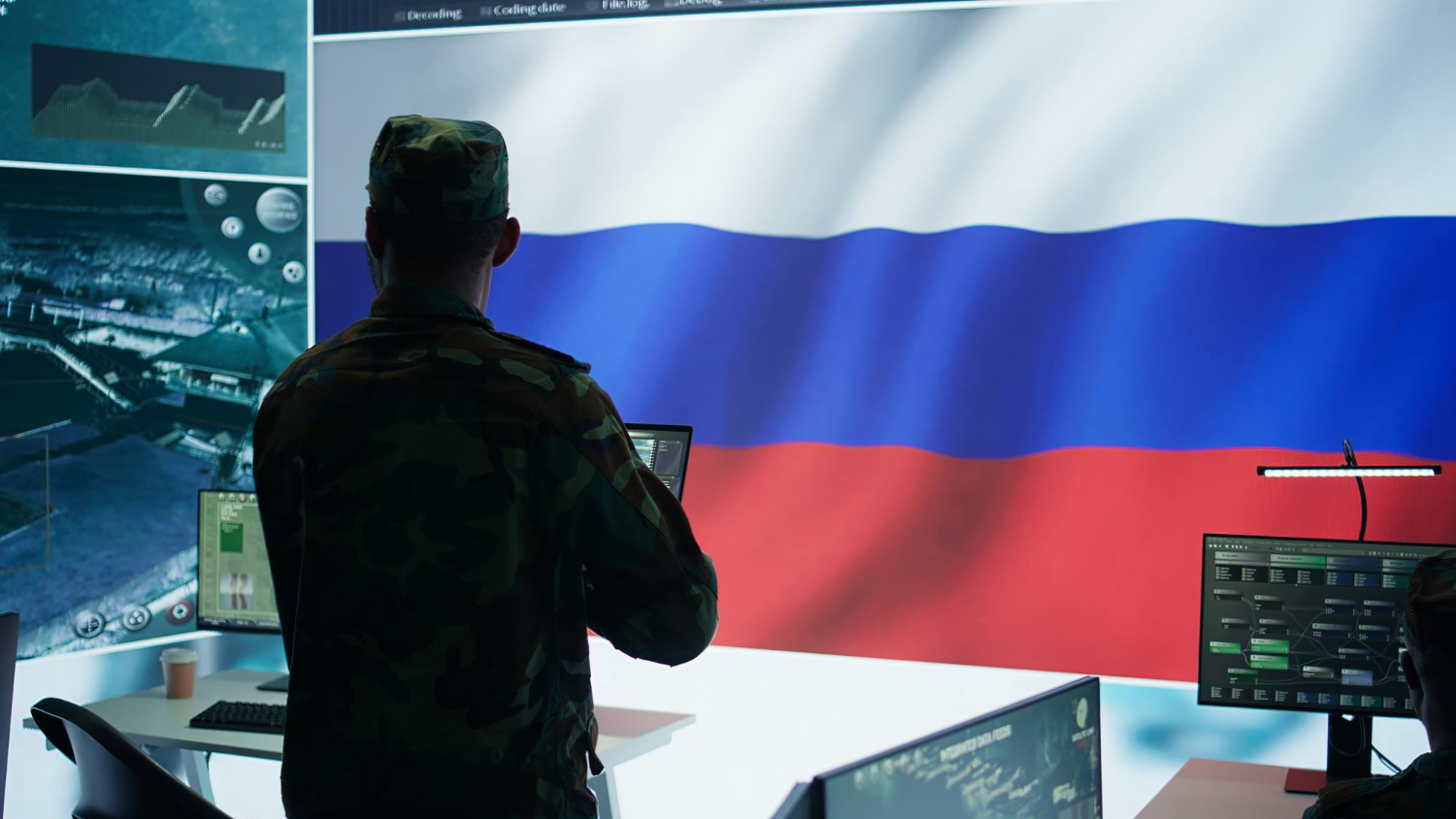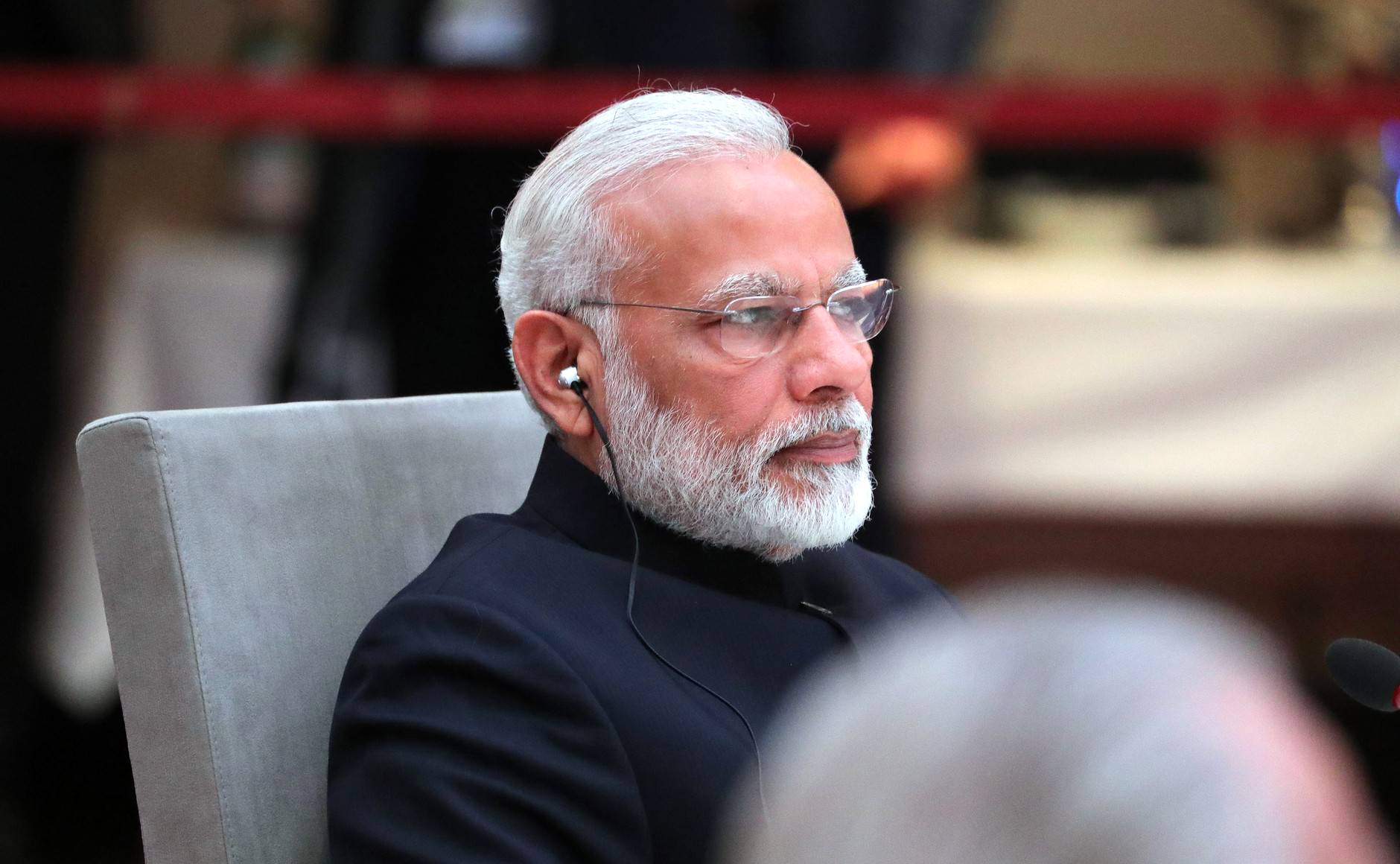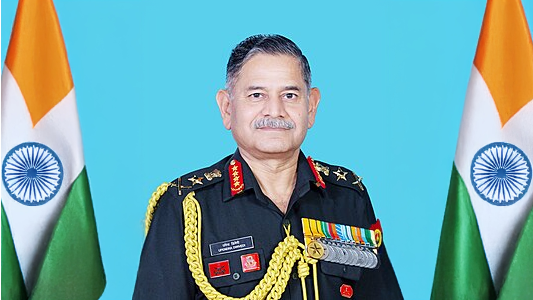India Russia Ties: The United States is increasing pressure on India over its purchase of Russian oil. Washington wants New Delhi not only to stop buying oil from Moscow but also to openly oppose President Putin’s war in Ukraine. However, India has made it clear that its oil imports are aimed at meeting the needs of its own people.
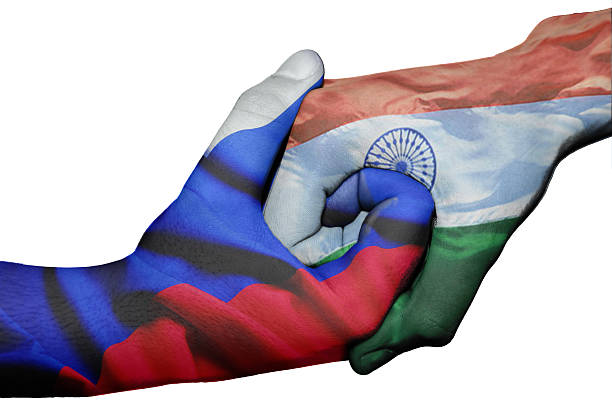
India Russia Ties- A Friendship Too Strong to End
Moscow: U.S. Pressure on India Over Russian Oil Grows
The Russia-Ukraine war has intensified pressure on India from the United States. The Trump administration has openly expressed anger over New Delhi’s continued friendship with Moscow. Washington accuses India of financially supporting Russia by purchasing its oil, which, according to the U.S., is undermining efforts to secure a ceasefire in Ukraine.
India, however, has defended its stance, stressing that Russian oil imports are crucial to stabilizing global prices and meeting the energy needs of its vast population. As a result, the standoff between Washington and New Delhi over Russian oil is deepening. This raises an important question: Will India bow to American pressure and distance itself from Russia?
Why India Will Not Abandon Russia
The answer is clear — India is unlikely to sever ties with Russia under external pressure, especially not under U.S. influence. The relationship between India and Russia is time-tested and built on decades of trust. Moscow has stood by India in difficult times, while Washington, barring the last 25 years, has often been on the opposite side since India’s independence. Under Trump’s presidency, relations between India and the U.S. once again appear strained, as Washington pressures European allies to take a tougher stance against New Delhi.
A Relationship Rooted in History
India’s partnership with Russia is both deep and strategic. The foundation was laid in the 1950s, with Moscow offering vital support for India’s industrial, defense, and nuclear sectors. The 1971 Treaty of Peace, Friendship, and Cooperation further cemented this bond. Later, during President Vladimir Putin’s 2000 visit to India, the two nations elevated their ties to a “Strategic Partnership,” which paved the way for joint defense projects such as the BrahMos missile and T-90 tank production. Over time, cooperation expanded into joint weapons manufacturing and technology transfer.
The 1971 India-Soviet Treaty
During the Bangladesh Liberation War in 1971, India and the Soviet Union signed a 20-year treaty focused on mutual strategic cooperation. The agreement was seen as India’s departure from its non-aligned stance and gave New Delhi crucial Soviet backing during the Indo-Pak war. This support tilted the outcome in India’s favor. Though the treaty ended after the Soviet Union’s collapse, its impact remains a cornerstone of India-Russia relations.
Military and Technical Cooperation
India-Russia ties have moved beyond the buyer-seller stage. Moscow has transferred key technologies, such as for T-90 tanks and Sukhoi-30 MKI fighter jets, which are now produced under license in India. The jointly developed BrahMos missile is a symbol of this cooperation. Both nations also conduct the “Indra” joint military exercises, covering land, sea, and air forces.
What Makes the India-Russia Bond Unique?
Unlike any other partnership, India’s defense ties with Moscow date back to the Cold War era. In the 1960s, the Soviet Union sold India its first modern submarines when Western nations were unwilling. By the 1970s, Admiral Gorshkov, the architect of the modern Soviet Navy, even envisioned India having a fleet of nuclear submarines — though New Delhi did not pursue this ambition then.
Russia’s Role in India’s Nuclear Submarine Program
While never officially acknowledged, reports suggest that Russian expertise played a role in India’s nuclear submarine program. The design of the Arihant-class submarines reportedly drew heavily from Russian blueprints, as India lacked indigenous submarine design capabilities at the time. These contributions were validated by Russian experts, ensuring compliance with global treaties like the Nuclear Non-Proliferation Treaty (NPT), which prohibits the transfer of nuclear weapons technology.
Also Read:
- Obama Warns Trump’s Trade War Weakens US, Hurts Democracy & Prestige
- Europe to Spend 5% GDP on Defense After NATO Summit
- Russia-Ukraine Conflict: Russia Plans to capture Pokrovsk, Sends 1 Lakh Troops
Author

Sahil V
Sahil V. is a passionate contributor at InsightIndia.in, specializing in world geopolitics and job-related updates. With a keen understanding of global affairs and employment trends, he delivers insightful articles that help readers stay informed and make smarter career decisions in a rapidly changing world.




